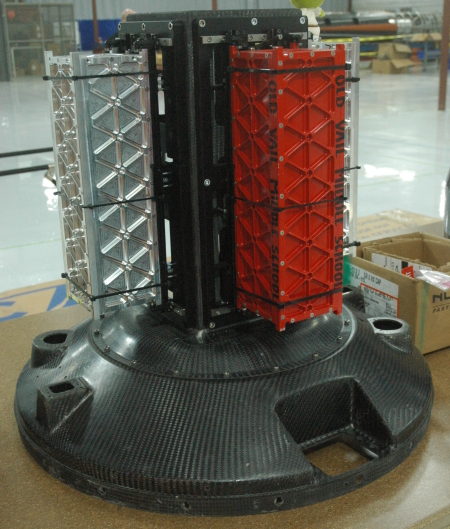Virgin Orbit merger produces only half the investment capital expected
Capitalism in space: It appears that the merger of Virgin Orbit with the special purpose acquisition company (SPAC) NextGen Acquisition II has produced only half the investment capital that had been expected.
The merger had expected to produce $483 million in investment capital for the rocket company. Instead it has produced only $228 million because many shareholders of NextGen cashed out before the merger occurred. Apparently, these shareholders did not have confidence in the Virgin Orbit, and feared their stock value would drop once the merger was completed.
It appears that Virgin Orbit has been stained by the failure of another Richard Branson space company, Virgin Galactic, to deliver on its promises. Virgin Orbit has successfully completed two orbital flights, and is expected to complete a third shortly. Unlike Virgin Galactic, it has done what it said it would, though it took longer than predicted (delays that were not unreasonable considering it was a startup rocket company). Investors have looked at the collapse of Virgin Galactic stocks, and have decided they do not wish to gamble their money on another Branson space company, no matter how successful.
Capitalism in space: It appears that the merger of Virgin Orbit with the special purpose acquisition company (SPAC) NextGen Acquisition II has produced only half the investment capital that had been expected.
The merger had expected to produce $483 million in investment capital for the rocket company. Instead it has produced only $228 million because many shareholders of NextGen cashed out before the merger occurred. Apparently, these shareholders did not have confidence in the Virgin Orbit, and feared their stock value would drop once the merger was completed.
It appears that Virgin Orbit has been stained by the failure of another Richard Branson space company, Virgin Galactic, to deliver on its promises. Virgin Orbit has successfully completed two orbital flights, and is expected to complete a third shortly. Unlike Virgin Galactic, it has done what it said it would, though it took longer than predicted (delays that were not unreasonable considering it was a startup rocket company). Investors have looked at the collapse of Virgin Galactic stocks, and have decided they do not wish to gamble their money on another Branson space company, no matter how successful.

